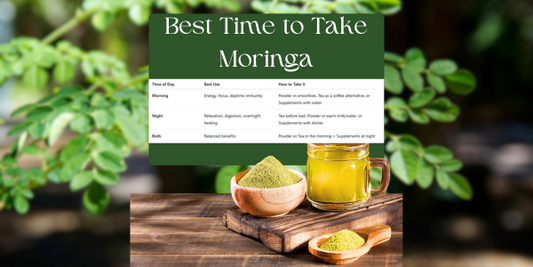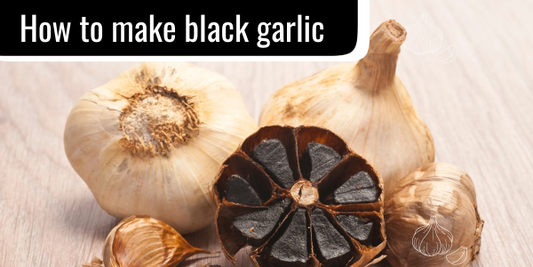
Coffee: Healthy Habit or Hidden Harm? What You Need to Know
Coffee is one of the most widely consumed drinks in the world. For many of us, it’s a daily ritual — something we look forward to in the morning or while catching up with friends.
You may have heard about the health benefits of coffee, but also the possible downsides. So, should you drink coffee? And how do you make it better for your body?
Let’s take a closer look at the pros and cons of coffee — and how to enjoy it in a more balanced, healthy way.

Health benefits of drinking coffee
Coffee contains more than just caffeine. It’s rich in antioxidants and provides small amounts of essential nutrients like:
- Vitamin B2 (Riboflavin)
- Vitamin B3 (Niacin)
- Folate
- Potassium
- Manganese
When consumed in moderation, studies suggest coffee may:
- Boost brain function – improves focus, energy and mood
- Support liver health – lowers the risk of liver disease
- Reduce risk of type 2 diabetes – especially in long-term drinkers
- Protect against neurodegenerative diseases – such as Parkinson’s and Alzheimer’s
- Lower the risk of heart disease – when not consumed in excess
Some large-scale studies have even linked moderate coffee consumption with a longer life span. That’s good news for coffee lovers!

The downside of coffee: what to watch out for
Despite its benefits, coffee isn’t ideal for everyone. Too much caffeine can lead to:
- Anxiety or nervousness – especially in sensitive individuals
- Sleep disruption – caffeine can affect sleep quality, even if consumed early
- Addiction and withdrawal – over time, your body can become dependent
- Digestive issues – in some people, coffee can irritate the gut lining or increase acidity
If you notice headaches, irritability, poor sleep or stomach discomfort, it might be time to review your coffee habits.
Tips to make your coffee healthier
If you enjoy your daily coffee, there are a few ways to maximise the health benefits of coffee while reducing the negatives:
1. Avoid added sugar
Sugar adds empty calories and increases inflammation. Try natural sweeteners like stevia, coconut sugar, or simply enjoy it black.
2. Limit your intake after 2pm
This helps protect your sleep and energy balance. If you struggle with sleep, try switching to herbal teas later in the day.
3. Avoid low-fat or artificial creamers
Many creamers are highly processed and contain preservatives or trans fats. Choose plant-based milks or full-cream dairy instead.
4. Choose high-quality, organic coffee
This reduces your exposure to pesticide residue and provides a cleaner taste and experience.
5. Add herbs and spices
This is a great way to improve both flavour and function. Try adding:
- Cinnamon – helps balance blood sugar and cholesterol
- Red Ginger powder – supports digestion and gut health
- Turmeric – offers powerful anti-inflammatory benefits
These spices work beautifully in coffee and help reduce inflammation, support the liver, and improve digestion. We recommend trying Curcumin Forte or Red Ginger Powder in your morning brew.

Is coffee good for everyone?
Not necessarily. Coffee affects people differently depending on genetics, gut health, stress levels and more.
Some people thrive on one cup a day. Others feel better without it. If you’re sensitive to caffeine, experience gut issues, or feel more anxious after coffee — try cutting back or switching to lower-caffeine drinks like:
- Green tea
- Herbal teas (like ginger, turmeric, hibiscus or peppermint)
- Hot cacao with adaptogenic herbs
- Dandelion or chicory root coffee substitutes
These are gentle on the gut and still offer health-supporting benefits.

Final thoughts
Coffee can be both good and bad, depending on how your body responds and how much you consume. If you enjoy coffee, the key is to drink it in moderation and make it part of a balanced, nourishing lifestyle.
By choosing quality beans, avoiding sugar, and adding herbs like turmeric or red ginger, you can turn your daily cup into a health-boosting ritual.
And if coffee’s not for you, that’s okay too. There are plenty of delicious, healing drinks available that can help you feel energised and well.
Looking for a healthier drink alternative? Browse our range of Drinks & Herbal Teas for plant-based options to support your well-being.



